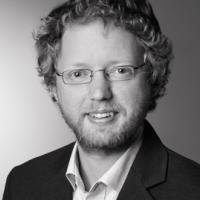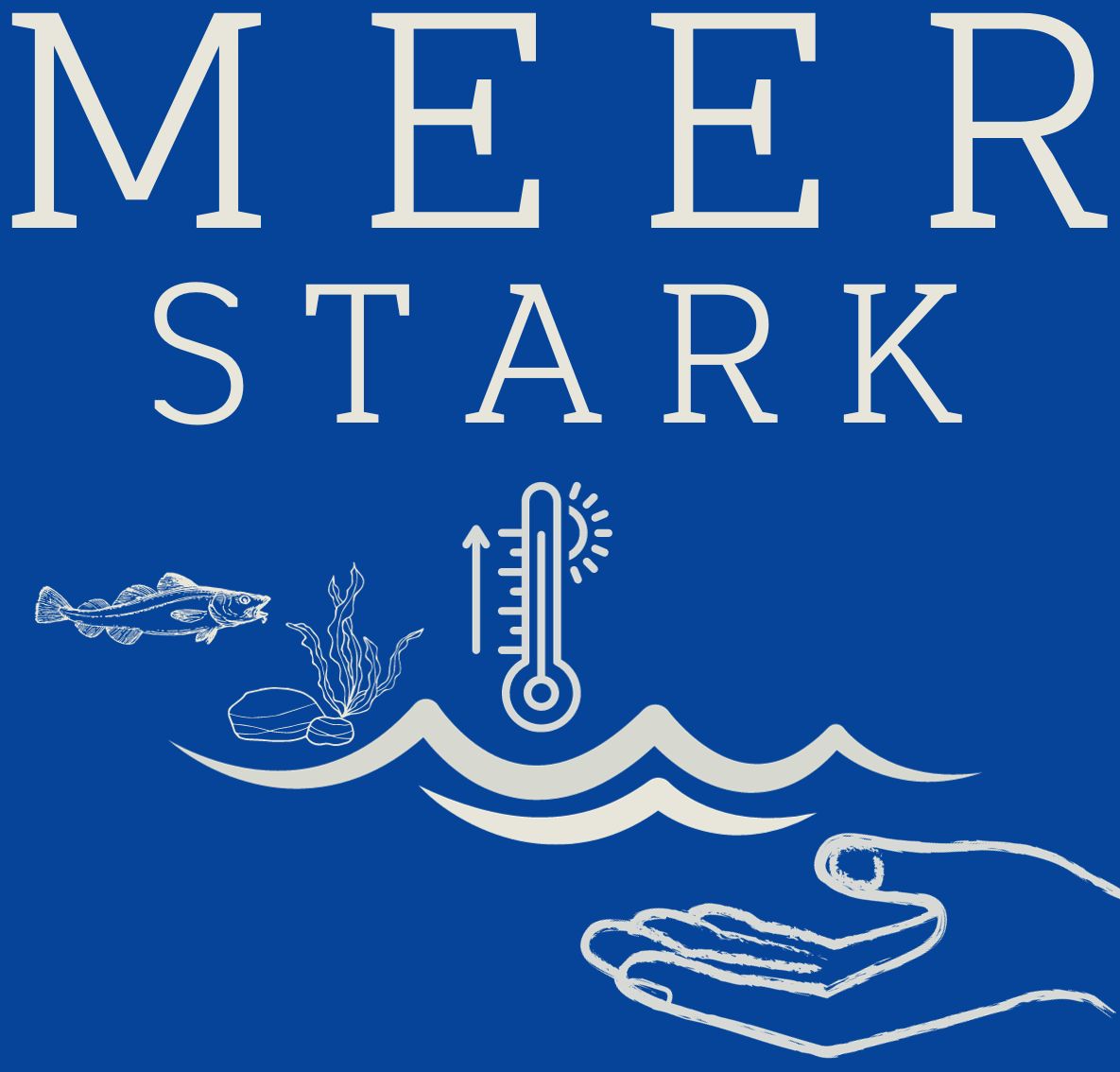© Gregory Fuchs
Resilience and Climate Adaptation for the North and Baltic Seas and their Estuaries
An expert discussion focusing on sources of pollution
- Event
- Date
-
- Location
- Warnemünde, Germany
- Speaker
The first expert dialogue as part of the MEER:STARK project was held on 21. November 2023 at the IOW in Warnemünde. Around 30 participants discussed the topic of "Resilience and Climate Adaptation for the North and Baltic Seas and their Estuaries" at the expert dialogue. The aim of the expert dialogue was to initiate a discussion and develop recommendations for action for climate adaptation measures and the protection of seas, coasts and estuaries. A special feature of the expert dialogue was the cooperation between the MEER:STARK project and the BluEs project.
MEER:STARK Project Focus
The MEER:STARK project emphasizes the nexus between marine protection and climate adaptation, as well as the importance of the resilience of marine ecosystems in this context. It emphasizes that marine conservation and adaptation to climate change are closely linked. Results in the project make it clear that a comprehensive, integrative approach that takes into account both ecological and social aspects is required in order to develop and implement effective strategies for marine protection and climate adaptation.
Project Results and BluEs Collaboration
Against this background, the first results of the project were presented and discussed at the expert dialogue, together with the final results from the BluEs project. After a welcome address by Maren Voss (IOW), the BluEs project manager, Andrea Weiß (UBA) gave a presentation on "Marine protection in times of climate change", in which she provided a comprehensive overview of the current status of marine protection in the German North and Baltic Sea. One of her key statements was that climate protection is only possible with marine protection.
Nexus of Climate Adaptation and Marine Protection
This was followed by brief project presentations by BluEs and MEER:STARK, which then led into the "Nexus of climate adaptation and marine protection" block. This provided a detailed overview of the current status of the MEER:STARK project. Gregory Fuchs (Ecologic Institute) presented the status of the literature work on the nexus of marine protection and climate adaptation. He emphasized that the protection of the oceans is also an essential component of climate adaptation. The promotion of ecosystem resilience is important here, and the protection of biodiversity and ecological functions of marine ecosystems is a key strategy for achieving resilience.
Challenges and Actions for Eutrophication
Birgit Heyden (AquaEcology) then gave an overview of the current assessment results for eutrophication from the holistic assessments of the regional conventions of OSPAR (QSR 2023) and HELCOM (HOLAS 3) in connection with the continued need for nutrient reductions. For the Baltic Sea, good environmental status in terms of eutrophication has not yet been achieved across almost the entire area. She emphasized the need for measures to further reduce nutrients and the different implementation status of existing measures for the North and Baltic Seas. Support for rapid and efficient implementation is required here, e.g. through increased cooperation between the various stakeholders.
Stakeholder Mapping and Surveys
Cordula Maguire (AquaEcology) presented the initial results of a stakeholder mapping exercise at national and international level for the implementation of climate adaptation measures in the marine sector. Nico Stelljes (Ecologic Institute) then gave an insight into the initial results of an online-based stakeholder survey, of which the final results will be discussed in more detail at the upcoming expert dialogue.
BluEs Project Results
Results from the BluEs project were presented in the form of five science slam contributions. Various results from the project were presented in an exciting and easy-to-understand way. Markus Steinkopf (IOW) reported on his work on changing food webs in the Elbe. Jesse Theilen (University of Hamburg) investigated the question of what is eaten by key fish species in the Elbe and Oder estuaries. Sophie Kache (IOW) showed the potential of a coastal filter to reduce nutrients in estuaries. Johannes Pein (HERON) spoke about the history of the Elbe and Oder rivers, and Safia Fadil Abdel El Toum (HAW) concluded with a report on the different levels of sediment pollution in the estuaries of the Oder and Elbe rivers.
Discussion and Stakeholder Participation in Estuaries
The final discussion after the science slam contributions focussed on the essential aspects of stakeholder participation in estuaries. It became clear that targeted and careful planning of events is crucial to ensure that the right target group is reached and effectively engaged. The discussion emphasized the need to adapt participation formats to the respective audience and to design them in a goal-oriented manner. This also includes clarifying in advance how the results will be handled in order to maximise impact. Especially in estuaries, the participation of local communities, industry and business is critical to developing sustainable and accepted solutions. To promote knowledge-based decision-making, it is essential to communicate complex scientific content in an understandable way and to use diverse formats such as science slams to reach a wider audience. Finally, the effectiveness of hybrid event formats that enable broader participation and a combination of interactive and informative elements was emphasized. These findings will also guide the upcoming events of the MEER:STARK project in order to further strengthen and effectively shape the dialogue and cooperation with stakeholders.
The slides of the presentations and the program are available for download.






